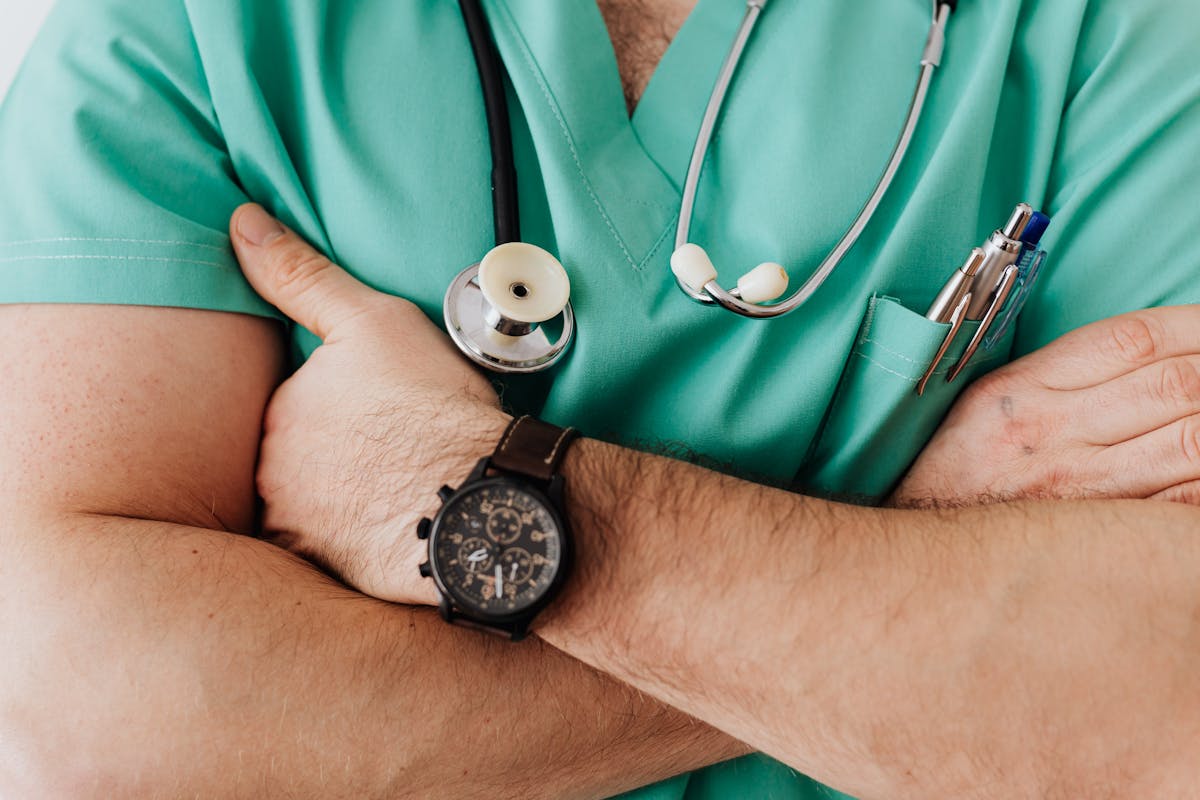
Liver damage can easily be overlooked: Never ignore these unusual signs
The liver is one of the most important organs in the body, but problems with its function often go unnoticed until the disease has progressed.
This is exactly why it is important to pay attention to the subtle signs our body sends us, even if we might easily think that something is harmless.
Liver damage can progress for years without any visible symptoms. In some cases, the liver loses up to 90 percent of its function before clear signs appear that something is wrong. That is why it is crucial to recognize small but significant changes that indicate the liver is overloaded or damaged.
Signs to watch out for
1. Feeling of fullness on the right side of the abdomen
A feeling of heaviness or pressure under the right rib may be the result of an enlarged or inflamed liver. Many mistake this feeling for digestive issues or muscle pain, but if it recurs, it should be taken seriously. The pain sometimes spreads toward the right shoulder.
2. Fatigue and reduced endurance
If you feel constantly exhausted, even though you sleep enough and eat regularly, the reason may lie in the liver. When the liver is not functioning properly, the body's ability to produce energy is reduced.
3. Itchy skin, especially on the feet
Chronic itching, especially on the soles, may be a sign that the liver is failing to properly filter bile salts, which then end up in the bloodstream. This itching does not go away with creams or antihistamines and often worsens at night.
4. Red spots and spider veins on the skin
When liver function is weakened, hormonal imbalance occurs, particularly an increase in estrogen levels. As a result, small red spots or dilated capillaries may appear on the upper body, most often on the chest and arms. In men, breast tissue enlargement may also occur.
5. Low vitamin D levels
The liver activates vitamin D in the body. If it is not functioning properly, a deficiency of this essential vitamin develops, which can weaken the immune system, cause muscle pain, and increase the risk of inflammation. This is often not immediately associated with the liver, although the link is direct.
Why you should not ignore these symptoms
Each of the above symptoms alone may not seem alarming. However, when they appear together – abdominal pressure, chronic fatigue, skin problems, and vitamin D deficiency – this can be a serious sign that the liver is suffering.
Since the liver does not send "loud" signals like some other organs, we must carefully listen to the quiet ones. Early response, through dietary changes, more physical activity, quitting alcohol, and medical check-ups, can help prevent permanent damage – reports B92.





